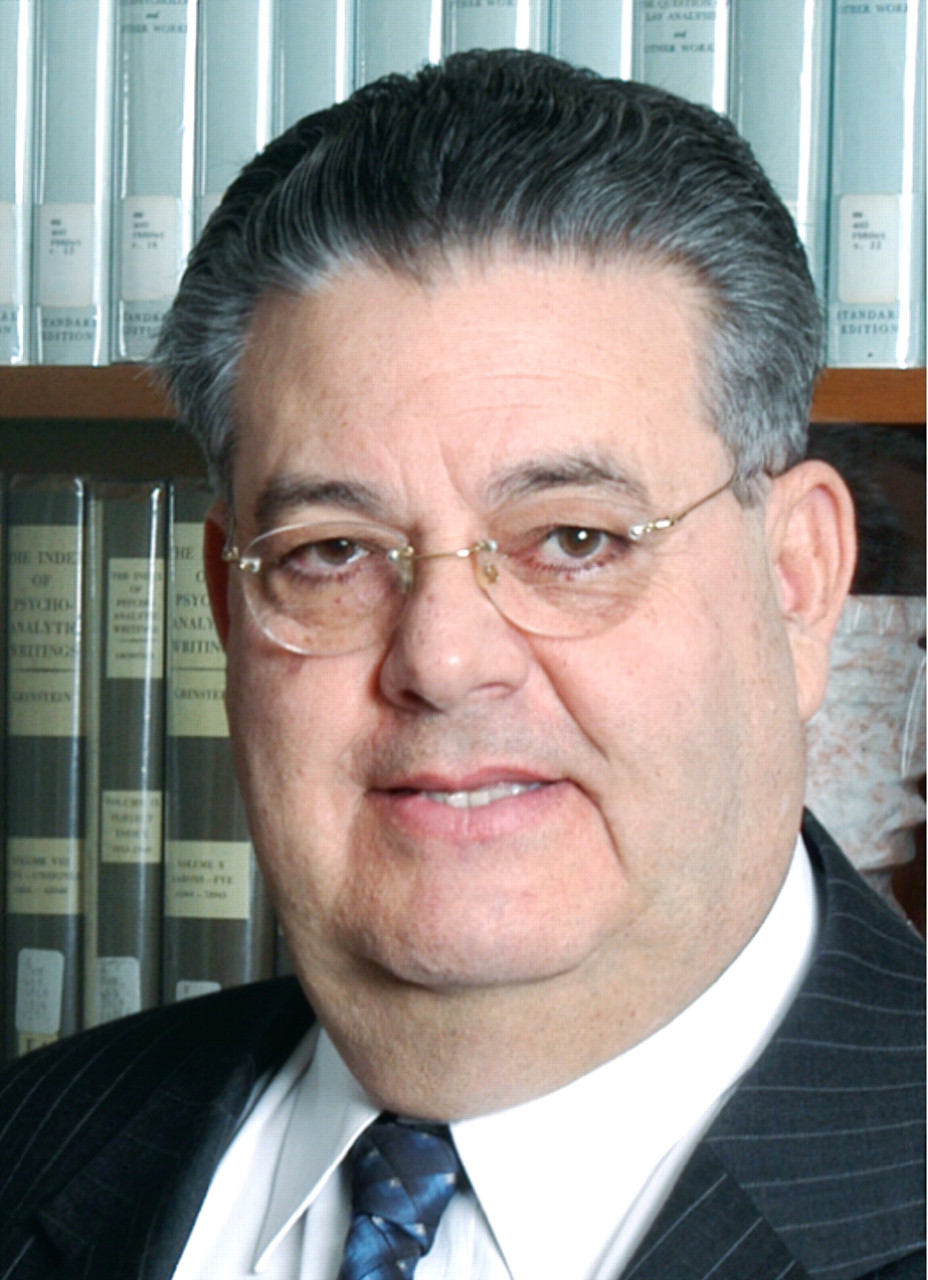Recent Activities Show Achievements In Reaching Key APA Goals

My third quarter as APA president has been a thrilling and busy one. In this column I want to point out some of the activities undertaken and the issues addressed during the last four months.
Following the Board of Trustees' approval at its December 2006 meeting to add a past president to the boards of the three APA subsidiaries, Dr. Steven Sharfstein was appointed to the American Psychiatric Foundation board, Dr. Michelle Riba was appointed to the board of the American Psychiatric Institute for Research and Education, and I was appointed to the board of American Psychiatric Publishing Inc. The APA Board decided to add these members to improve communication between APA and its subsidiaries and to enhance the planning process.
As a way of expanding our efforts to develop partnerships and close collaborations with patient-oriented and advocacy organizations, leaders of Mental Health America (MHA) (formally the National Mental Health Association) addressed the APA Trustees at our March meeting. This meeting led to a commitment on the part of both organizations to join forces on behalf of patient-care efforts focusing on access, parity, and humane care.
Also during March, APA leaders had an evening meeting with their counter-parts at the National Alliance on Mental Illness (NAMI) and MHA, and a decision to strengthen the partnership among the organizations was agreed upon. The groups decided to form a joint task force whose mission is to begin developing a plan of action immediately to ensure that the needs of veterans, military personnel, and their families are met in the VA system, the military system, and outside of these two systems in regions such as rural areas and small towns where care, especially quality care, is difficult to access or nonexistent. That evening, I felt great pride in our Board members, our Association, and myself. This historic meeting represented a level of commitment to advocate for patient care that APA had not achieved before.
Also during the March Board meeting, Dr. James Nininger presented an extensive report from the task force that he led for almost a year focusing on membership recruitment and retention. Key issues the task force addressed were new categories of membership (for example, friends of APA); close collaboration with subspecialty organizations, starting with the American Association of Geriatric Psychiatrists; automatic membership enrollment of all psychiatry residents; waiver of dues at both the national and district branch levels for residents for the first year of membership; mentorship programs directed to early career psychiatrists and new APA members; development of a“ model district branch”; and many others. This is a priority topic for me, and thus I was very pleased with this report. The APA Membership Committee and other APA components will be quite busy st udy ing and implementing many of the recommendations.
Also at the March meeting, Dr. Mary Helen Davis presented the report of the Board Task Force on Veterans Affairs and Military Initiatives, which she chaired. This outstanding report highlighted initiatives that are required in order to bring to our military men and women humane care, high-quality care, and full access to care. The advocacy platform that this report recommended was extremely timely in light of news reports about deficient care our veterans sometimes receive (Psychiatric News, April 6).
In addition, the Board heard from Dr. John McIntyre and Dr. John Oldham who presented an excellent report from the Task Force on Pay for Performance/Quality Indicators. The task force's efforts may lead to substantial gains for the profession, and thus for our members, as well as to substantial improvement in the quality of care our patients receive.
The Board also approved new components at its meeting last month—a task force focusing on level-of-care criteria and a corresponding committee to deal with graduate medical education issues in psychiatry. In addition, the Board's Ad Hoc Work Group on Component Structure led by Dr. Michelle Riba presented a comprehensive report with suggestions for improving the process by which members are appointed to APA components, improving the communications among the many components, and maintaining the system of staggered tenures on the components.
Finally, the Board approved several dozen nominees to the DSM-V Task Force after their qualifications and possible conflicts of interest were assessed by a task force headed by Dr. Donna Norris. By May, it is expected that all members needed in the many DSM-V work groups will have been appointed.
During my years as a member of the Board, I have never seen Board members work as hard, as effectively, and as committed as this year. They are an extraordinary group, both collectively and individually. I thank all of them for their willingness to advance our organization. Once more, my deepest thanks go to you, our APA members, for your support and confidence during my year as your president. It has been an honor and a privilege for me to have served you and our profession. ▪



